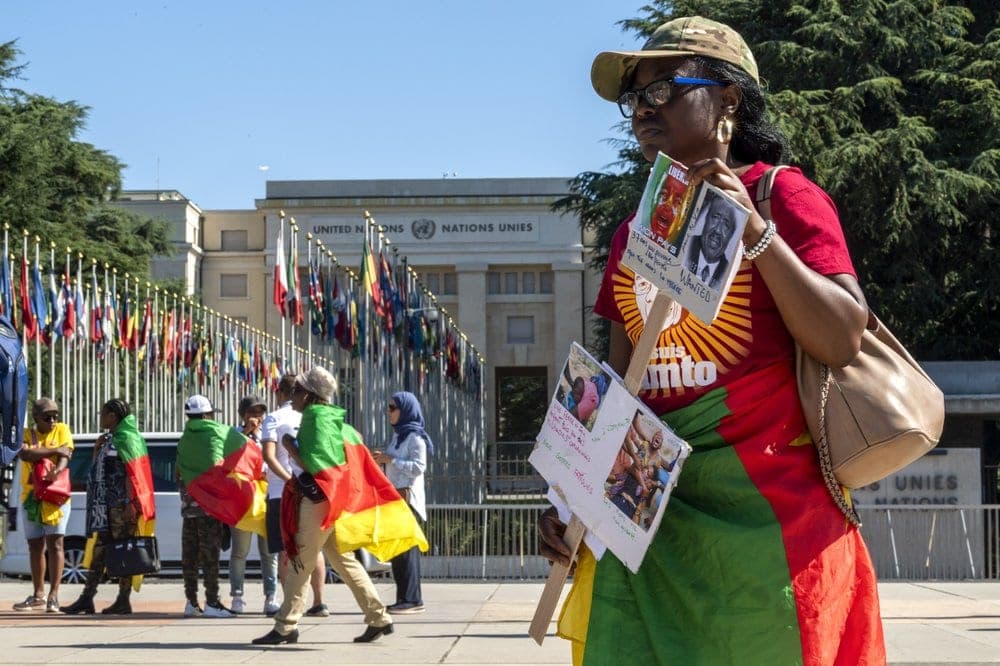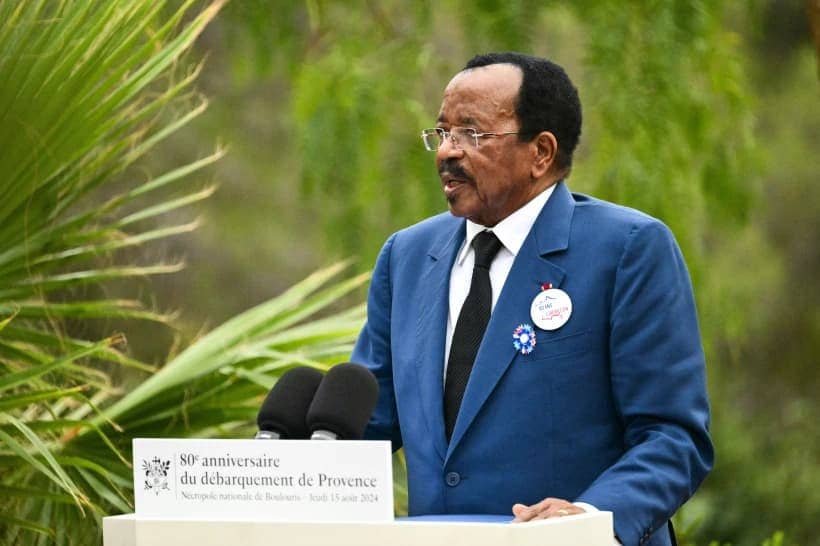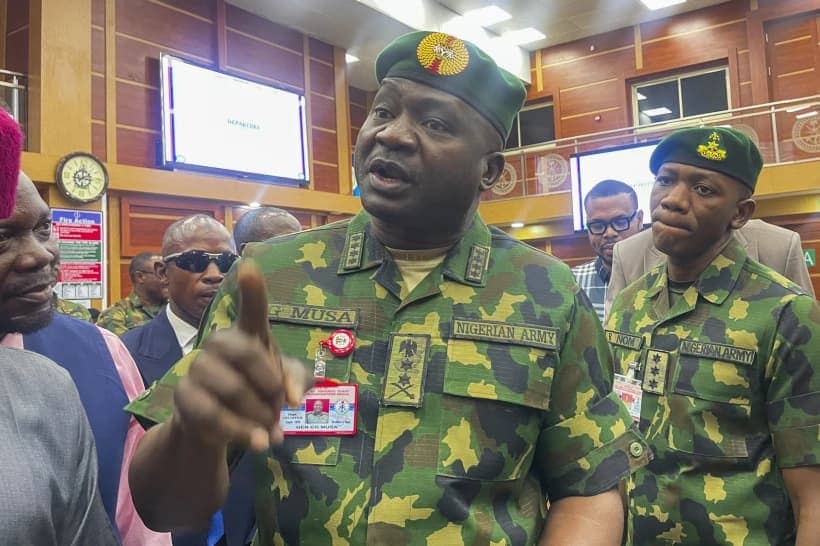YAOUNDÉ, Cameroon – A Catholic priest says the latest atrocity in the ongoing unrest in Cameroon’s Anglophone regions is “not acceptable in the 21st century.
At least 22 people were killed on Feb. 14 in the Ngarbuh district of Ntumbo in Cameroon’s Northwest Region — one of two English-speaking regions in the country.
Locals say members of the military carried out the killings, while the government blames the deaths on “an accident” when fuel was set on fire during a firefight with separatists. At least 14 of the dead were children.
Cleretian Father Esua Andrew Forka posted a video on YouTube calling the event a “massacre.”
“It is too much. It is unacceptable that in the 21st century, a government, managed by some individuals should set out to eliminate their people. On February 14, 2020, the military came and killed babies, killed mothers, killed even unborn children, burnt houses …that is too much. It is unacceptable. The international community must rise. It is no more time for advice, it’s time for action,” the priest said.
“Violence begets violence. As the government is using violent methods to solve this problem, it’s not going to end today because the anger they are planting in the hearts of babies, children, and families … this anger can never be quenched, except that we stand up as a people and decide whether we want to live together or separate,” Forka continued.
Rene Ngeh fled Ngarbuh for Yaoundé and told Crux that nine members of his wife’s family were killed.
“My wife’s aunt was killed along with her eight children, making it a family of nine who perished in these killings …These people had taken refuge in Ngarbuh, which is a farming community, thinking that they were going to be safe in such a place; but they never knew that they will be killed in their sleep by the very military that is supposed to protect them,” he said.
The crisis in Cameroon’s North West and South West regions started in 2016 as a protest by Anglophone lawyers and teachers over attempts to destroy the education and common law systems practiced in the English-speaking regions, but quickly degenerated into an armed rebellion with many English speakers demanding for outright independence.
The conflict has killed at least 3000 people, and left over 500,000 others displaced, according to the United Nations.
The central government hosted an Oct. 29 – Nov. 4 “Major National Dialogue” aimed at ending a secessionist rebellion in the country, and recently two Catholic prelates led delegations to explain the deal to the residents. However, violent clashes continue between the security forces and armed separatists.
“I think it is time for the international community to put pressure on the Cameroon government to find a quick settlement to this conflict that has claimed so many lives,” Ngeh told Crux.
He said the area had become used to violence, but “the Ngarbuh massacre is peculiar because of the kind of people who were killed: little babies, pregnant women and very old people.”
The spokesman for the Cameroon military said the “alleged massacre is fake news.” Confronted with witness testimony, he declined further comment.
The killings in Ngarbuh have drawn condemnation.
Human rights lawyer Felix Agbor Balla has called on the authorities to investigate “the gruesome murder” and called for “the perpetrators of such egregious crimes brought to justice.”
Akere Muna, a Cameroonian lawyer and Chairman of the International Anti-Corruption Conference Council, tweeted on Saturday about the massacre: “Suffering, death and killing are now the new normal. How did we get here where human life no longer has any value? We must all, now, genuinely seek for peace before this country loses its soul. I pray for all those innocent victims.”
Similar killings have been reported in several localities in Cameroon’s English-speaking regions. Some observers have claimed that the spike in killings is a direct result of the deployment of over 700 additional soldiers to in the two Anglophone regions in the buildup to the local and legislative elections that took place on Feb. 9.
Separatists had vowed to stop the poll from taking place, and targeted anyone helping to conduct or participate in the vote.
“Armed separatists in Cameroon’s Anglophone regions kidnapped over 100 people, burned property, and threatened voters in the period before the February 9, 2020 elections,” said Human Rights Watch in its 2020 report.
Instead of simply protecting voters, Cameroonian soldiers committed atrocities of their own, according to the rights organization.
“Between January 17 and 20, 2020, security forces carried out a military operation in Bali, North-West region, destroying over 50 homes and killing several civilians, including two men with intellectual disabilities,” the report continues.
In his video, Forka condemned the army for its actions.
“You have the formation to arrest those you suspect, keep them in prison and rehabilitate them. That is the responsibility of a nation, not to eliminate them. A military is being trained to protect their people, except they are in danger, then they can fight back for their lives,” the priest said.
Crux is dedicated to smart, wired and independent reporting on the Vatican and worldwide Catholic Church. That kind of reporting doesn’t come cheap, and we need your support. You can help Crux by giving a small amount monthly, or with a onetime gift. Please remember, Crux is a for-profit organization, so contributions are not tax-deductible.















